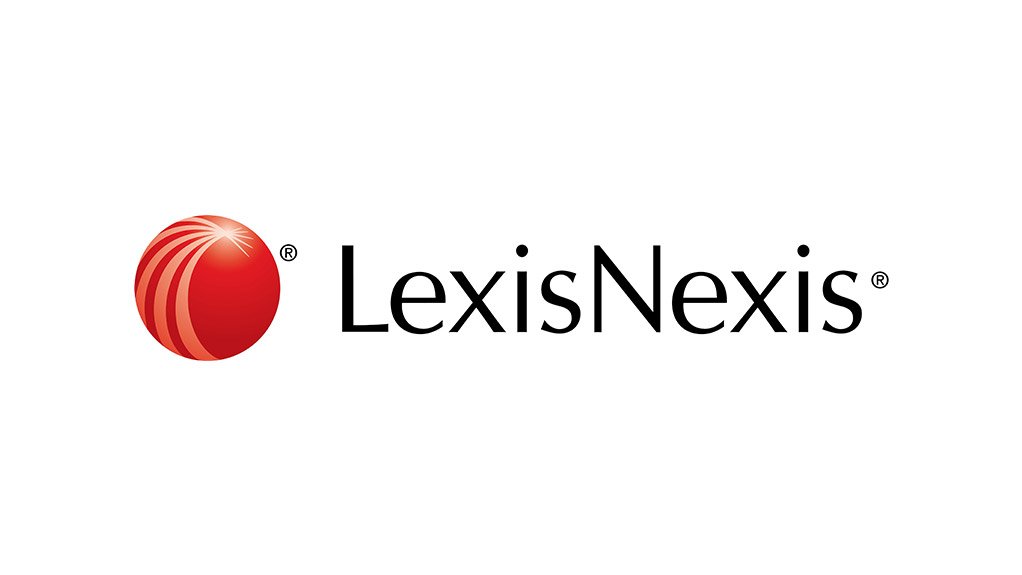Despite the easing of COVID-19 lockdown restrictions in South Africa to Level 4, corporates and government departments might still be faced with the challenge of how to secure original, handwritten signatures compulsory for a range of transactions over this period.
Movement beyond the home is still largely discouraged, although some businesses and industries have resumed operations across the country. This means that urgent transactions could still be unnecessarily stalled. How, for example, would one execute agreements when multiple signatories are locked down in separate locations, potentially with limited access to resources such as printers and scanners?
Whether it’s a proxy, a resolution, a mandate, an agreement or any important document submitted by a wide array of companies, it likely requires your signature.
“The hassle of physically signing a document should be a thing of the past,” says Ewald Scheepers, Divisional Executive for LexisNexis South Africa’s Business Software Solutions division.
“This is especially true during extraordinary situations like the current pandemic and global lockdowns which will likely change the face of business as we know it. As we navigate these uncharted waters, the Rule of Law should serve as a constant guide and anchor and as LexisNexis we’ve certainly tried to harness our global expertise in this area to provide continued support to businesses, through initiatives such as our online COVID-19 Free Resource Centre and our technology platforms that enable business to continue even under these trying circumstances,” he said.
During the national lockdown typical documents requiring signing could include movement permits for essential workers, applications for small business funding, applications for restructuring of debt, payment extensions or payment holidays, as well as insurance claims related to COVID-19. Post-lockdown, there could be an influx of claims, legal and banking documents, employee forms and school documents for children. These and other standard transactions can benefit from electronic processing, including consumer agreements, bank loans, signoff of financial statements, rental agreements, any acceptance of terms and conditions, consent forms, tender documents, contracts and Board resolutions.
Scheepers says, “Electronic documents and e-signatures are the answer to navigating similar transactional challenges during this unprecedented time, using advanced digital software that provides total security, document integrity and indisputable authenticity. However, without necessarily having face to face contact, there still needs to be scrutiny to ensure that the correct person has affixed their electronic signature,” he said.
In South Africa, the Electronic Communications and Transactions (ECT) Act Chapter 3 part 1 gives legal recognition to electronic documents and recognises that electronic documents and signatures can serve as the electronic functional equivalent of their paper-based counterparts.
Although the ECT Act does not prescribe what type of technology must be used, examples of electronic signatures include: your typed name at the end of your e-mail, signing with signature tablets used in banks and other retailers and the so-called digital signature, among others.
The ECT Act also creates a special type of electronic signature, known as an “advanced electronic signature” (AES), which is a particularly reliable form of signature. Where a law (such as the Deeds Registries Act) requires a signature, only an AES will be valid. The use of an AES by conveyancer is a legal requirement for the Power of Attorney to Transfer Property.
Addressing the global move towards digital signatures, LexisNexis South Africa has developed one of the first digital signature platforms in the country. The Lexis Sign platform brings international standard digital signatures for local and international use but built on the foundations of the South African legislation, all underpinned by the ECT Act.
The Lexis Sign platform allows users to upload any PDF document to be signed and eliminates the need to print, sign, scan and email through a simple, secure entirely web-based platform that does not require additional hardware or devices. It is mobile, simple and speedy, enabling documents to be signed anywhere, any time and on any device.
An added feature specifically suited to the national lockdown and post-lockdown period is LexisNexis’s creation of a COVID-19 Template Screen solution within Lexis Sign, that can be used at no extra cost. This facilitates an Electronically Signed Visitor Screening that enables organisations to screen visitors prior to their arrival at the company’s premises. It also keeps an electronic register of all completed screening forms for future reference.
For further information on Lexis Sign and to request an extended 60-day free trial now available in further support of business and the economy, visit www.lexissign.co.za?utm_source=logico&utm_medium=pr&utm_campaign=lexis%20sign%20free%20trial&utm_term=home&utm_content=lexis%20sign
To access the LexisNexis COVID-19 Free Resource Centre, visit: https://www.lexisnexis.co.za/news-and-insights/covid-19-resource-centre
EMAIL THIS ARTICLE SAVE THIS ARTICLE ARTICLE ENQUIRY
To subscribe email subscriptions@creamermedia.co.za or click here
To advertise email advertising@creamermedia.co.za or click here











